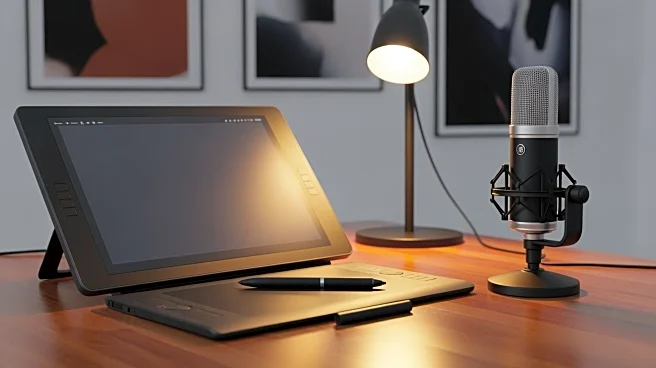In an increasingly fractious global landscape, German Chancellor Friedrich Merz and French President Emmanuel Macron are set to converge in Berlin for crucial discussions focusing on escalating trade tensions
Did You Know
Butterflies taste with their feet.
?
AD
between the European Union and the United States. As reports indicate that Merz has heard of possible decisions being made on U.S. trade policy, both leaders recognize the need for a unified response. The stakes are high, with Merz emphasizing that the EU is prepared to threaten strong reprisals if the U.S. fails to compromise, signifying that this situation extends beyond trade to broader international relations.
With NATO security also on the agenda, the meeting signifies a pivotal moment for these two prominent leaders. Collaborating on military initiatives and economic collaboration is essential; however, the relationship remains complex. Despite their public commitment to cooperation, underlying divisions are reported, reflecting past tensions influenced by President Trump’s policies. As both leaders navigate these issues, their ability to align on critical matters will be essential for shaping the future of European defense and trade strategies.
The outcome of their discussions may set the tone for not only EU-US relations but also for the broader geopolitical climate. A necessary balance between diplomacy and firm policy decisions will be crucial as Europe seeks to establish itself as a cohesive force in international negotiations. In an era marked by uncertainty, the stakes are exceedingly high, and the meeting between Merz and Macron could prove influential in charting a clear course for Europe amid shifting global alliances.
Q&A (Auto-generated by AI)
What are NATO's current challenges?
NATO faces several challenges, including evolving security threats from Russia and terrorism, as well as internal divisions among member states regarding defense spending and military commitments. The alliance is also grappling with the need to adapt to new technological advancements and cyber warfare. Recent discussions, such as those between French President Macron and German Chancellor Merz, highlight the ongoing need for collaboration on security issues, particularly in response to geopolitical tensions.
How does EU-US trade impact global markets?
EU-US trade significantly influences global markets due to the economic size and interdependence of the two regions. Disputes, such as tariffs or trade barriers, can lead to fluctuations in stock markets and affect global supply chains. For instance, ongoing trade tensions can impact industries reliant on transatlantic trade, such as automotive and technology sectors, ultimately affecting global economic stability and growth prospects.
What is the Future Combat Air System?
The Future Combat Air System (FCAS) is a collaborative military project between France and Germany, aimed at developing advanced fighter jets and associated technologies by 2040. This initiative seeks to enhance European defense capabilities and reduce reliance on non-European military technology. Discussions between leaders like Macron and Merz are crucial for aligning strategies and addressing challenges in leadership and funding for this ambitious project.
What historical tensions exist between France and Germany?
France and Germany have a complex history marked by rivalry and conflict, particularly during the Franco-Prussian War and both World Wars. However, post-World War II, both nations have worked towards reconciliation and cooperation, establishing the European Union as a platform for collaboration. Despite this, tensions occasionally resurface, especially regarding economic policies and defense strategies, as seen in recent discussions about trade and military leadership.
How do trade policies affect international relations?
Trade policies play a critical role in shaping international relations by influencing diplomatic ties and economic partnerships. Favorable trade agreements can strengthen alliances, while trade disputes can lead to tensions or retaliatory measures. For example, the recent US-EU trade row has prompted discussions among European leaders about adopting a unified stance and potentially implementing trade reprisals, reflecting how economic policies directly impact geopolitical dynamics.
















